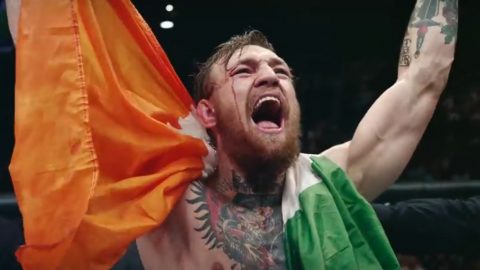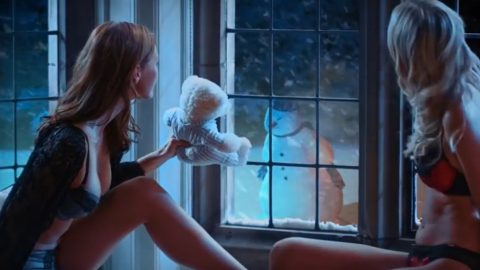- Name – Jonathan Goldstein
- Production Co – Goldstein
- Email – info@goldsteinmusic.com
- Web – www.goldsteinmusic.com
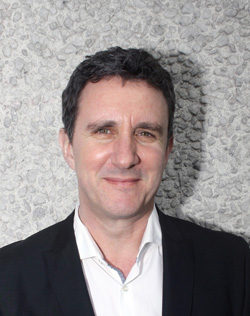
Jonathan Goldstein
Jonathan Goldstein is a multi award-winning, classically trained composer with prolific credits in film, TV and advertising. He studied music at Birmingham University and began his career in theatre at the Royal Shakespeare Company and Royal National Theatre, working with acclaimed directors including Trevor Nunn and Sir Peter Hall. Later, he began his screen career assisting on important film scores and orchestrations including Cape Fear, directed by Martin Scorcese, and landmark re-orchestrations of classic film scores including Taxi Driver, performed by the Royal Philharmonic Orchestra. His Xmas hit, Magical Moments, reached No 1 in the Official Classical Charts in 2013 where it stayed ahead of J.S Bach for three weeks. He is a director and the former Chair of PCAM (the Society for Producer and Composers of Applied Music).
What is your musical background and how did you get into the sync business?
My Dad was a conductor for famous West End shows such as Evita and Annie and also worked in film and TV, so I grew up with music all around me. It was always music for something though and I think this is what gave me the inspiration to compose; probably to write the stuff my Dad played!
What sort of personal characteristics do you need to be successful screen composer?
A lot of good humour and patience! It can be a maddening business at times with indecisive clients and frustrating decisions but you have to remember you are there to serve someone’s artistic vision, not your own. A lot of composers can’t handle that.
I started writing music from a young age, then got involved in music for plays at school and uni, all of which helped me shape my craft and get used to writing things to order and to length etc.
Which TV ad composer do you most admire?
It would have to be Cliff Adams who did the Smash advert with the laughing aliens way back in the 1970s. He claims he accidentally wrote it in 1 second when he demonstrated to the ad agency how words can be fitted to music - they liked it so much, they used it. If only all jobs were like that!
It was also a legendary piece of advertising, created by advertising guru, John Webster, with whom I had the privilege of working on one of my first ever jobs - an ad for VW Bora called Pen.
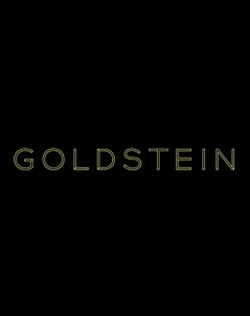 What difference does a well-chosen piece of music make to an ad – and do agencies and brands always understand what they want or what they’re asking for?
What difference does a well-chosen piece of music make to an ad – and do agencies and brands always understand what they want or what they’re asking for?
Music is undoubtedly one of the most powerful tools of communication, and has the power to make or break an ad. Given this, it is surprising how often music is left to the last minute when time (and money) is running out. The problem is that people never quiet know what they want until an ad has been shot and edited. As a result, composers come in very late in the day and the turnaround can be hairy. Brands and agencies often don’t agree on what’s best as personal tastes can interfere with the process which makes it harder, all round.
Who are your key clients?
I’m lucky enough to be working with most of the major London agencies.
Do you have any views on the state of the sync market at present, or the direction it’s taking?
There is a growing concern that the record industry is attempting to muscle in on advertising as a result of the loss in revenue in traditional sales. Whilst there’s nothing wrong with pre-existing music being placed in ads and with a useful role to play, there is a danger of brands being encouraged to align themselves with tracks that might be cool for their image but not necessarily effective for their ads. It’s sad to see a powerful score lost in favour of a less effective track.
Which do you consider to be your most successful syncs?
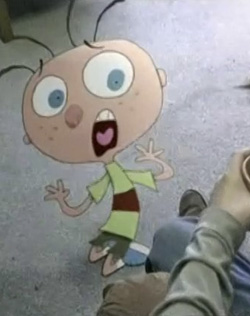
NSPCC 'Cartoon'
Without blowing my own trumpet, once you’ve done a spot like the NSPCC ‘Cartoon’ ad, it’s hard to think of anything more shocking and effective. It was the hardest job I’ve ever done and certainly most uncomfortable; it required a lot of deep breaths in order to brace myself and bring out the slapstick comedy in the animation. The agency kept saying ‘make it funnier, remember we’re adding canned laughter’ which was very tough indeed. The campaign was a work of genius though and one of the most effective the NSPCC has ever had. I’m very proud to have been a part of it.
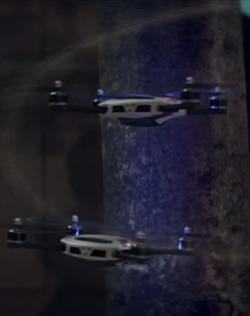
Lexus 'Swarm'
